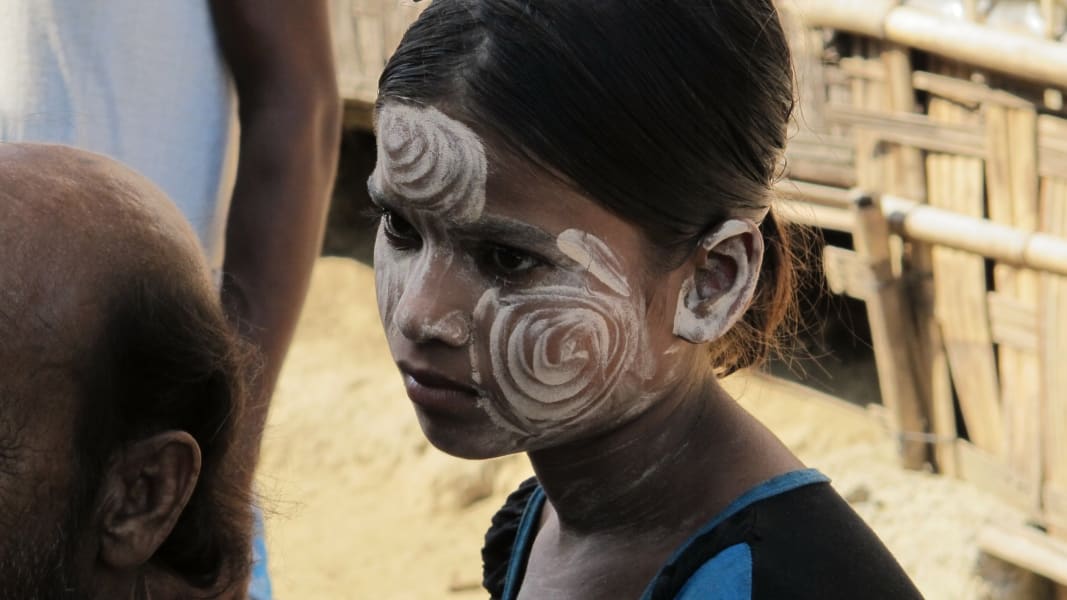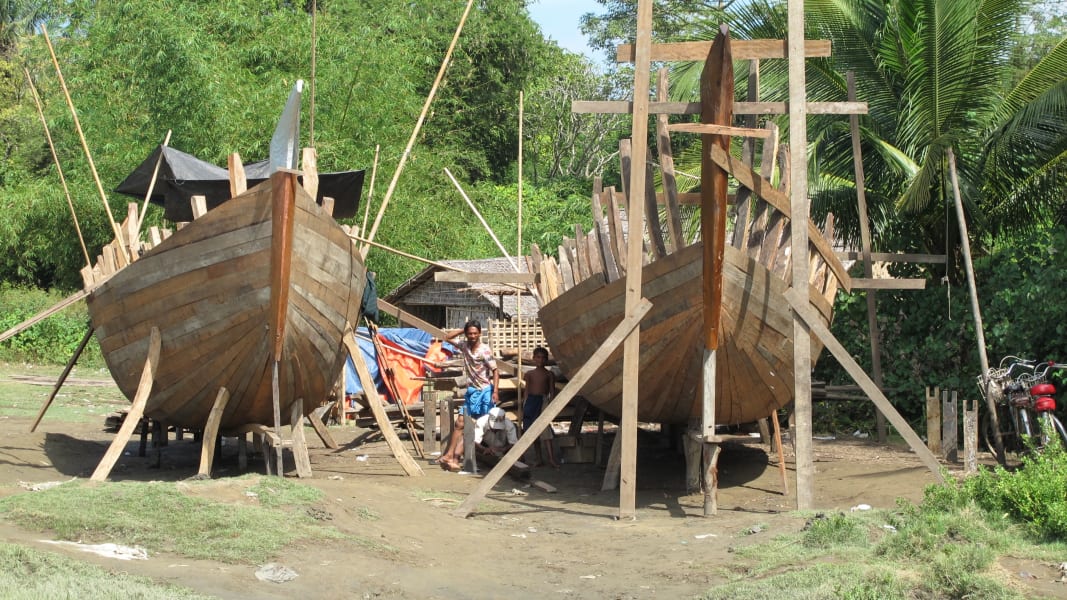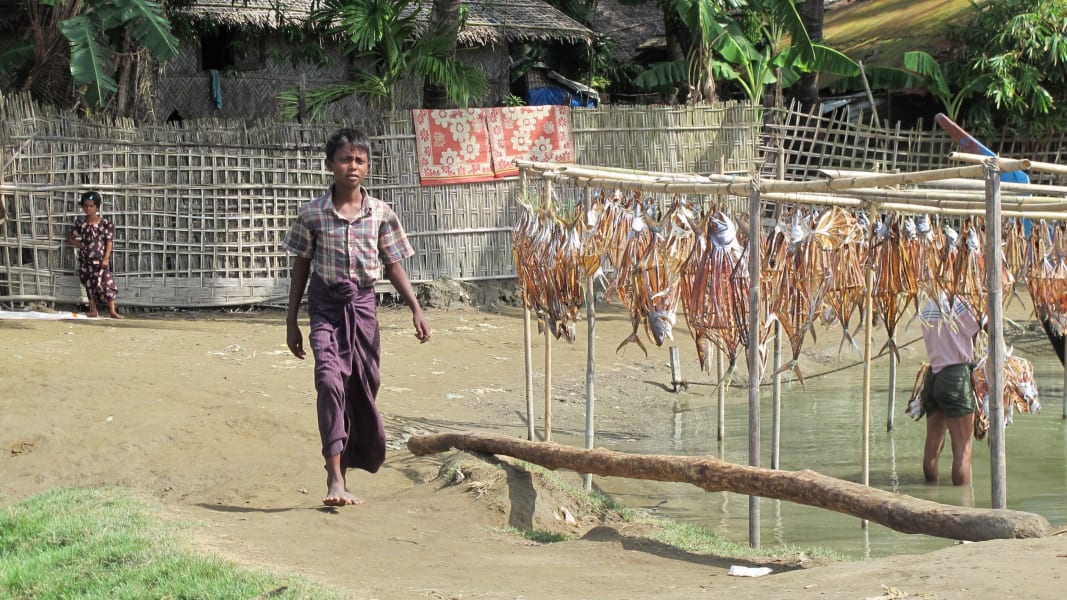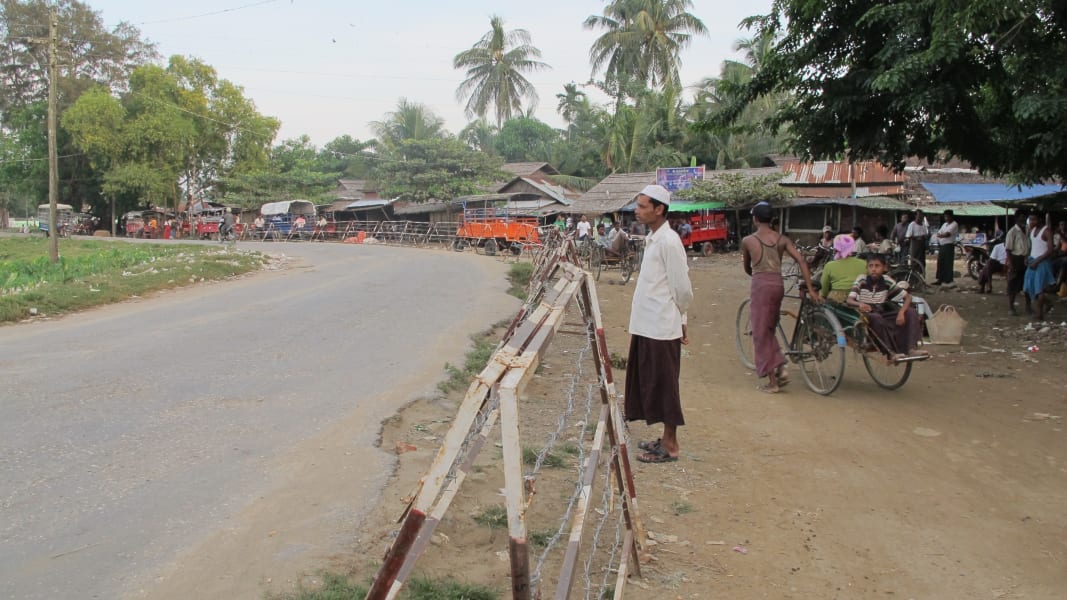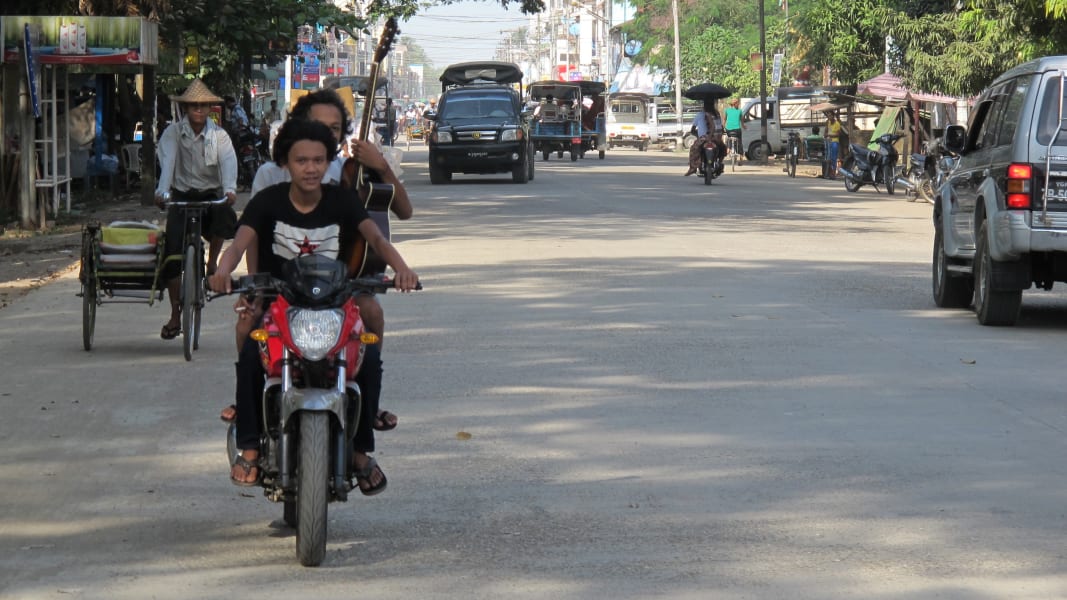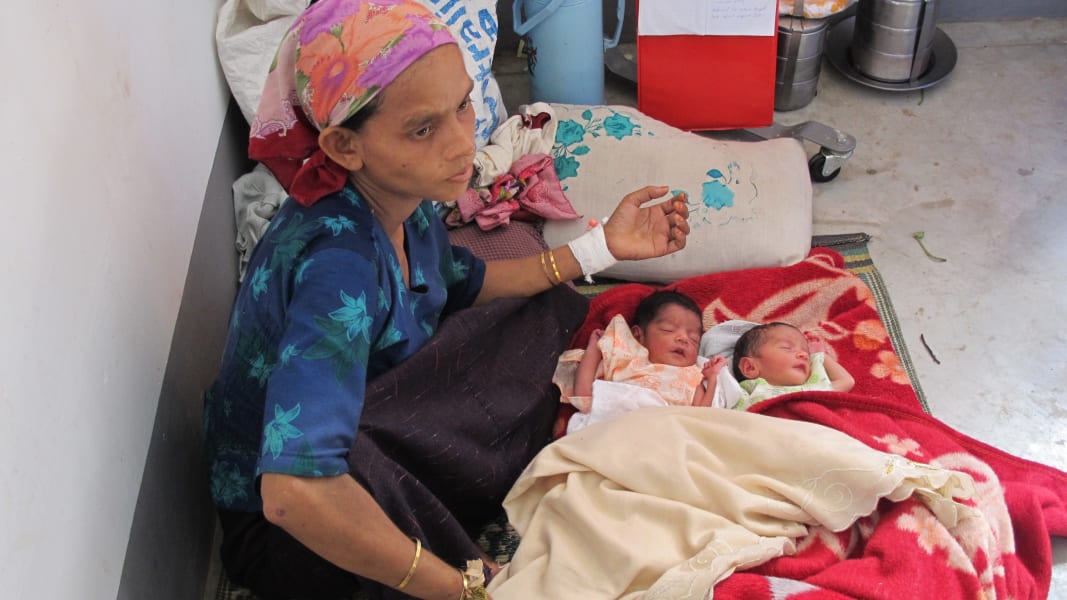Share
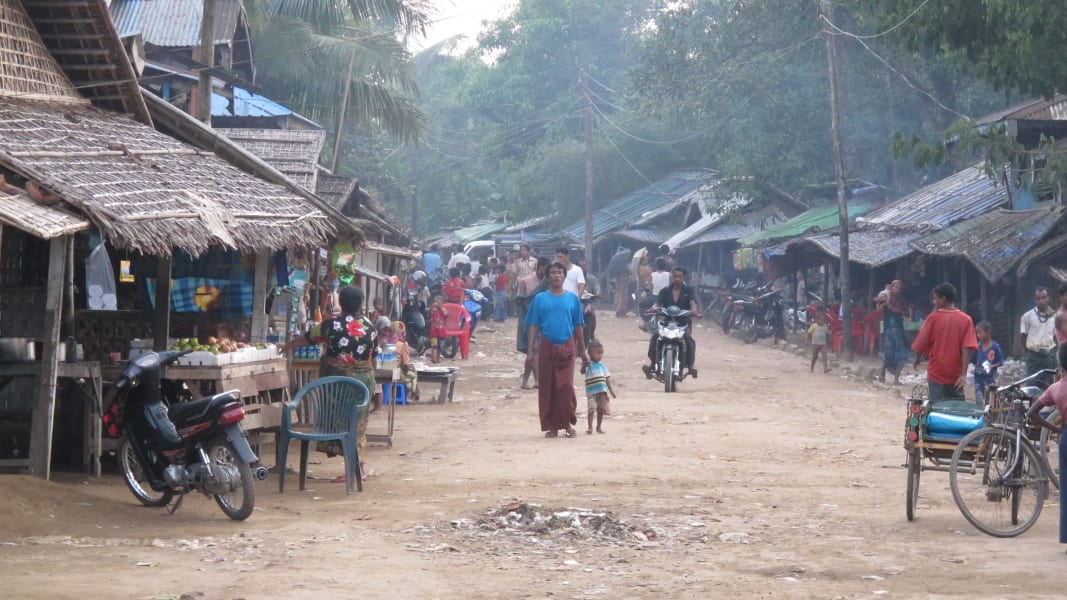

1 of 9
Since sectarian violence erupted in 2012, the Rohingya Muslims of Sittwe have been restricted to a few villages on the outskirts of the Burmese city. Rohingya from across the region have been forced to move here -- often for their own protection. Tim Schwarz/CNN
Rohingya, encamped in areas they are prohibited from leaving, are unable to seek work or access education or health services in the city, just a few hundred meters away. Tim Schwarz/CNN
The Muslim Rohingya used to live and work in the city alongside the Buddhists. Now you will not see a single Rohingya on the streets here. Tim Schwarz/CNN
This is as far as the Rohingya are allowed to go, though other ethnic groups are allowed to move about freely. Tim Schwarz/CNN
This row of red flags marks a line beyond which Rohingya are not allowed to go. Buddhist Rakhine villages are to the left. There is no barrier or barbed wire stopping people from crossing, but local Muslims fear they would be attacked and killed if they did. Tim Schwarz/CNN
This mother did not know she was having twins until they were born just days ago. This health clinic has a midwife but no regular doctor. In a real medical emergency, an ambulance would have to take a patient to the nearest hospital, but most Rohingya fear that Buddhist medical personnel would not treat them. Tim Schwarz/CNN
A young Muslim girl wears the traditional thanakha on her face. Thanakha is a paste made from ground bark that protects the skin from the sun and is appreciated for its aesthetic appeal. Tim Schwarz/CNN
Rohingya fishermen build boats. They say human traffickers use boats like these to illegally transport Rohingya to other countries in search of a better life. Many risk everything to leave Myanmar. Boats this size can carry 50 to 60 people, the builders say. Tim Schwarz/CNN
Fishing is one of the main activities in this Rohingya village. Tim Schwarz/CNN
